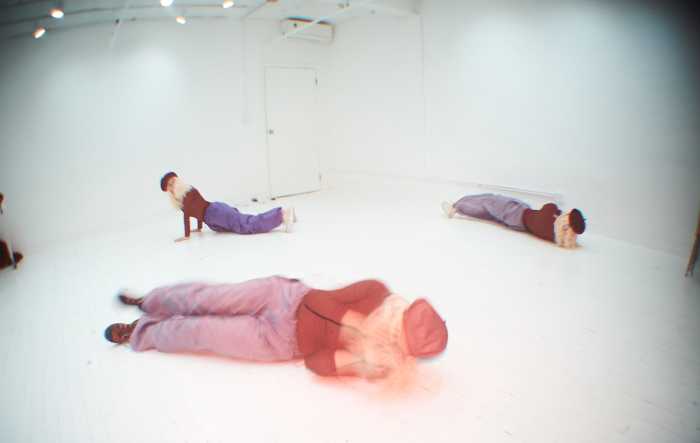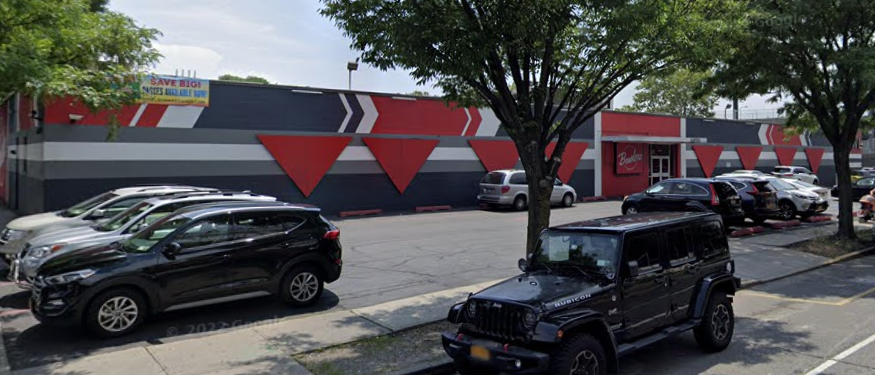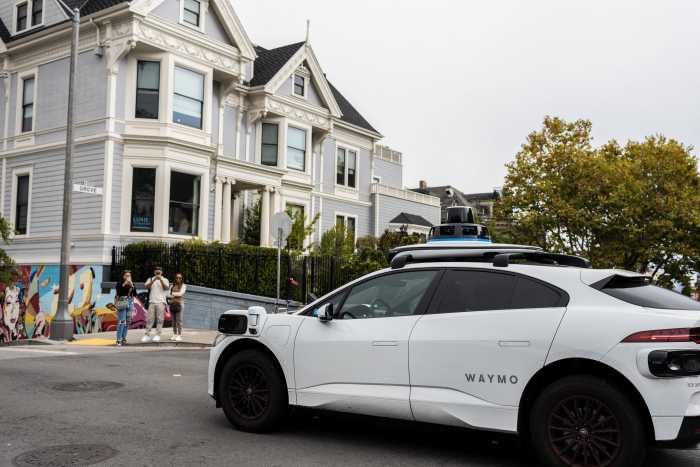Long-time New York cabbie John McDonagh missed work on Wednesday, September 5 and Thursday, September 6, not because he was sick, but, rather, because he was on strike.
In a show of solidarity with fellow cab drivers, McDonagh, a Middle Village resident, participated in the planned two-day strike protesting imposed technology changes.
“Hopefully, this will bring the city and Taxi and Limousine Commission (TLC) to their senses,” said McDonagh.
Drivers were upset that the city has ordered that their cars be equipped with global positioning system (GPS) monitors and credit card machines by October 1 if the vehicles are up for inspection. Some cabbies are claiming the GPS will allow the city to track them.
The GPS system would cost on average $5,400 to install and $175 to maintain per month, according to the New York Taxi Workers Alliance, a union that represents cab drivers.
“The passengers weren’t clamoring for this, the drivers weren’t clamoring for this,” said McDonagh. “Who wanted this?”
He said the new technology would become a nuisance to cabbies because if one system goes down, all the new technology stops working, forcing drivers to get off the road for repairs, thereby costing them fares.
The New York Taxi Workers Alliance said that 80 to 90 percent of the city’s 13,000 medallion cabbies participated in the strike. McDonagh said he drove through Manhattan on Wednesday morning and saw very few cabs and few people waiting for taxis.
Mayor Michael Bloomberg said city numbers for striking cab drivers are far less than the alliance estimated, saying taxi service was down only 14 percent at John F. Kennedy (JFK) airport. He added that the city did not feel the effects of the strike.
Bloomberg said the new GPS systems - which will be mounted in the passenger compartment of the car - will provide riders with route information, as well as entertainment, and will help them retrieve lost property.
The cab enhancements were added as a consolation to passengers who were hit with a 26 percent increase recently. Bloomberg noted that the GPS units would eliminate the “paper trip sheets” cab drivers currently use.
To help the passengers during the strike, the city introduced new flat rates designed to save them a few dollars. Drivers were also authorized able to pick up numerous riders at once.
































